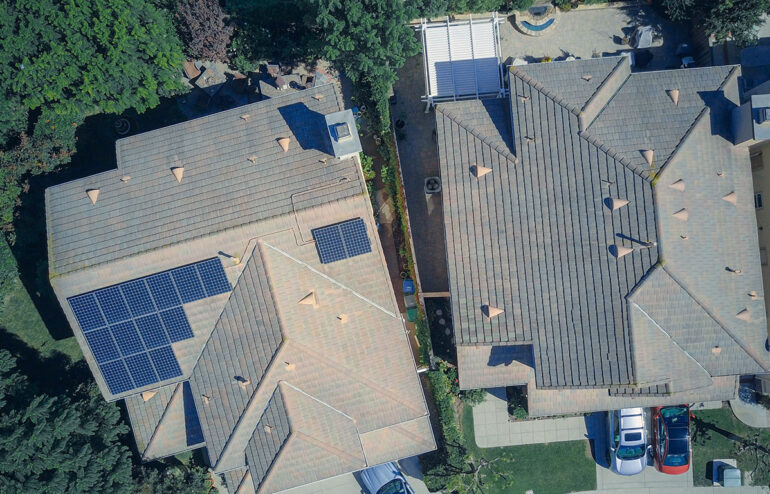Plumbing Tips: How to Prepare for a Dry Season
Dry seasons can be tough to deal with in the Noosa, Sunshine Coast & Gympie regions. By taking some proactive measures, you can ensure that your water consumption is reduced. In this blog, we’ll provide you with valuable tips on how to prepare for a dry season and protect your water levels.
-
-
Fix Leaks and Drips
-
The first step in preparing for a dry season is to fix any existing leaks or drips. Although this may seem obvious enough, leaks can often go unnoticed or put on the bottom of the to-do list. Leaking pipes or taps can waste a significant amount of water over time. Fixing these issues not only conserves water but also prevents further damage to your plumbing system. Check for leaks in your faucets, toilets, and exposed pipes. If you happen to spot a leak, it’s time to call in a licensed plumber.
-
-
Install Low-Flow Fixtures
-
Low-flow fixtures are a fantastic addition to your plumbing system during a dry season. They reduce water consumption without sacrificing water pressure (if connected to town water). Consider installing low-flow showerheads, faucets, and toilets. These fixtures can significantly decrease your water usage, which is especially important when water is scarce. Low-flow fixtures don’t always work for those on tank water, so best to discuss your options with a plumber before installing any.
-
-
Practice Water Conservation
-
During a dry season, every drop of water counts. To minimise water usage and reduce the strain on your plumbing system, adopt water-conservation habits. Fix leaking taps promptly, turn off the tap while brushing your teeth, and use a broom instead of a hose to clean driveways and footpaths. Collect rainwater for non-potable uses, such as watering your garden.
-
-
Monitor Your Water Consumption
-
If on town water – Keeping a close eye on your water meter can help you detect leaks early. If you notice unusual spikes in your water consumption, it could indicate a hidden leak. Regularly check your water meter and investigate any significant increases in water usage promptly.
If on tank water – It is imperative to keep an eye on the levels of water in your tank. Often during dry seasons, water cartage companies become backlogged with deliveries. To avoid running out of water altogether, planning and preparation is key. It is important to understand how much water your household will use within a week/month/year. If you are monitoring the levels in your tank, you can estimate how long the water remaining should last. Then if needed, book the water carrier in advance to avoid running your tanks dry.
-
-
Maintain Your Sewer System
-
Don’t forget about your sewer system during a dry season! Inspect your sewer lines for tree roots or clogs and clean them if necessary. A well-maintained sewer system can prevent backups and expensive repairs down the road.
-
-
Plan for Emergency Water Storage
-
In extreme dry conditions, it’s a good idea to have an emergency water storage plan in place. This can involve installing a rainwater harvesting system or purchasing water storage tanks, or IBC tanks. Having a further alternative source of water can help you avoid plumbing issues caused by water scarcity and restrictions.
Preparing for a dry season is not just about conserving water; it’s also about safeguarding your plumbing system. By following these plumbing tips, you can reduce water waste, prevent damage to your pipes, and ensure that your plumbing remains in excellent condition during challenging dry spells. Don’t wait until water restrictions are in place – start preparing your plumbing for a dry season today!

